G1 Practice Test – Rules 3
We have created five interactive quizzes whose questions are nearly identical to the ones you will see on your G1 written test. If you can pass each of the five quizzes without any outside assistance, you are ready to take the real thing. Good luck!
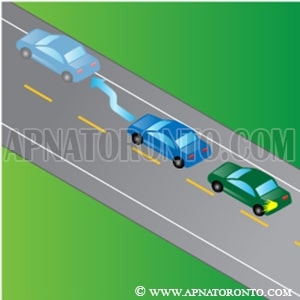
Correct!
Wrong!
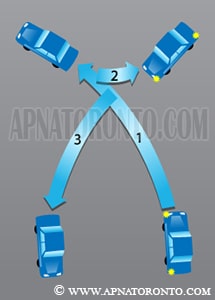
Correct!
Wrong!
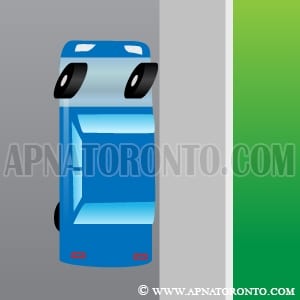
Correct!
Wrong!
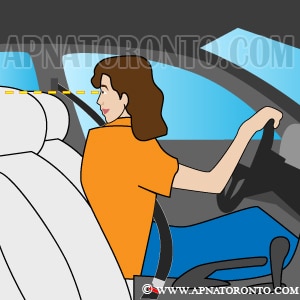
Correct!
Wrong!
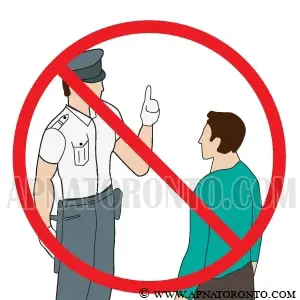
Correct!
Wrong!
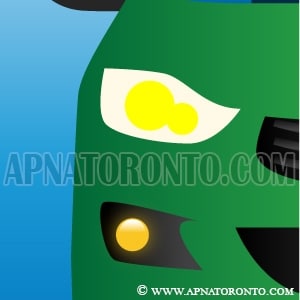
Correct!
Wrong!
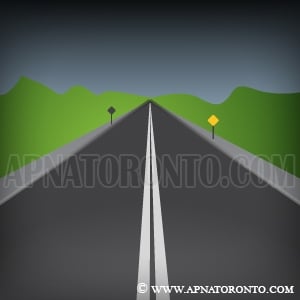
Correct!
Wrong!
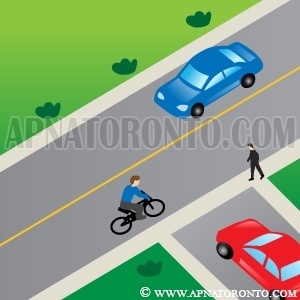
Correct!
Wrong!
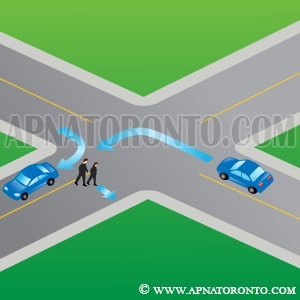
Correct!
Wrong!
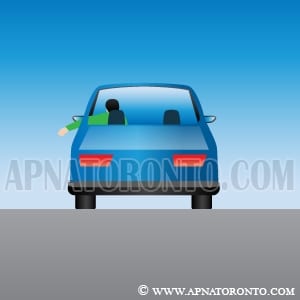
Correct!
Wrong!
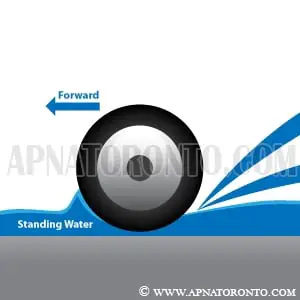
Correct!
Wrong!
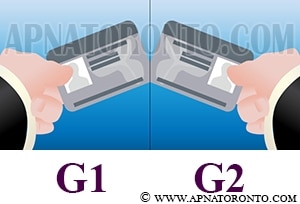
Correct!
Wrong!
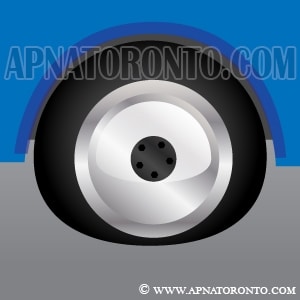
Correct!
Wrong!
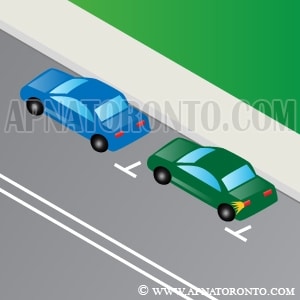
Correct!
Wrong!
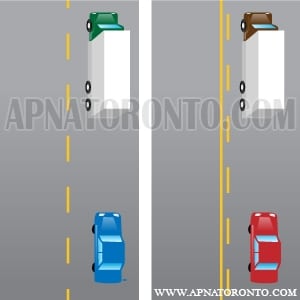
Correct!
Wrong!
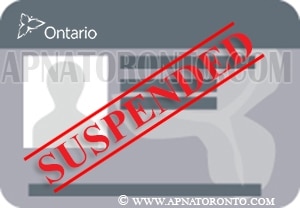
Correct!
Wrong!
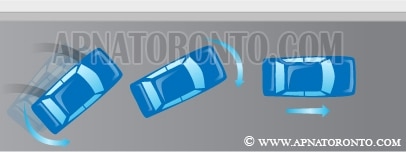
Correct!
Wrong!
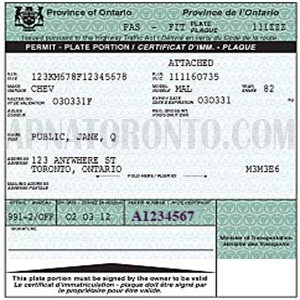
Correct!
Wrong!
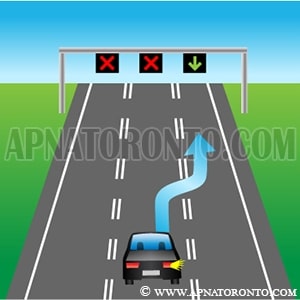
Correct!
Wrong!
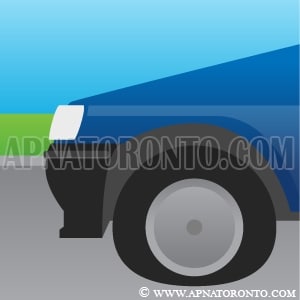
Correct!
Wrong!
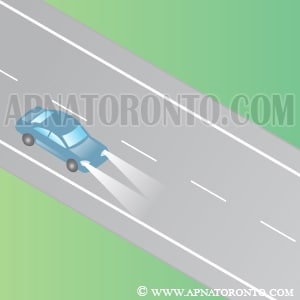
Correct!
Wrong!
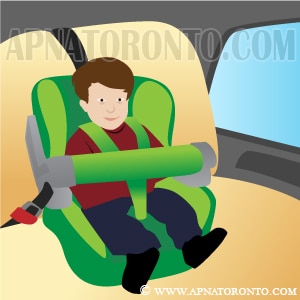
Correct!
Wrong!
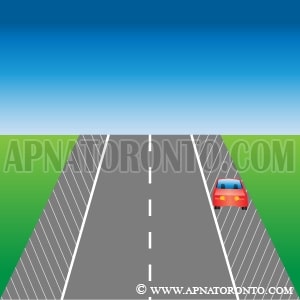
Correct!
Wrong!
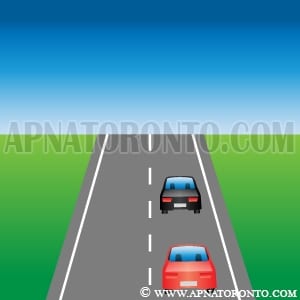
Correct!
Wrong!
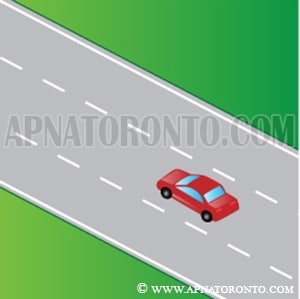
Correct!
Wrong!
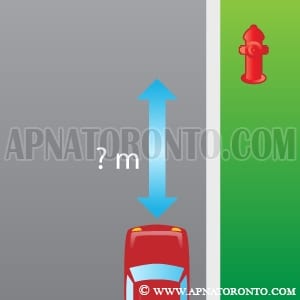
Correct!
Wrong!
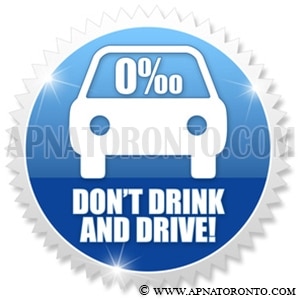
Correct!
Wrong!
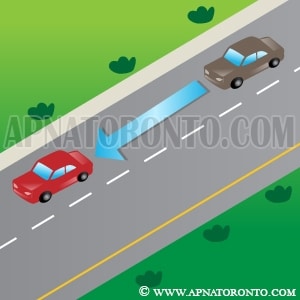
Correct!
Wrong!
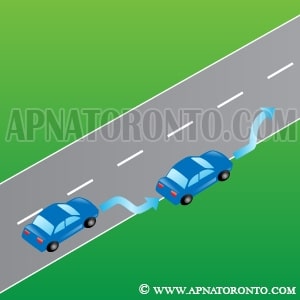
Correct!
Wrong!
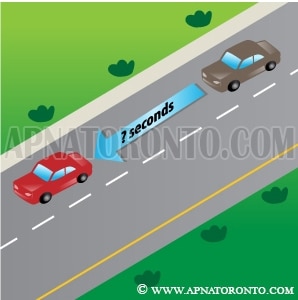
Correct!
Wrong!
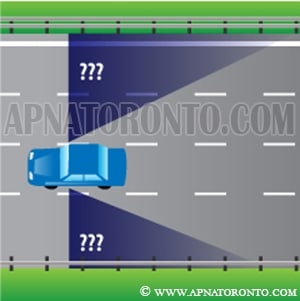
Correct!
Wrong!
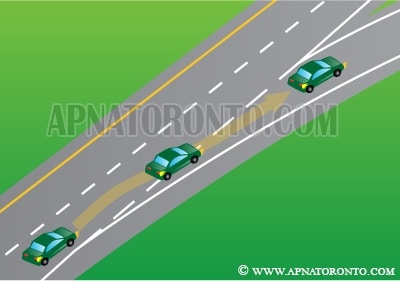
Correct!
Wrong!
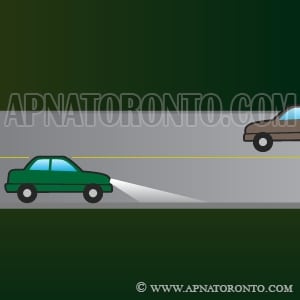
Correct!
Wrong!
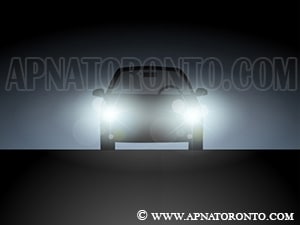
Correct!
Wrong!
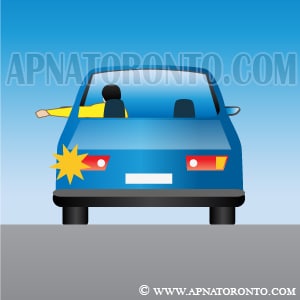
Correct!
Wrong!
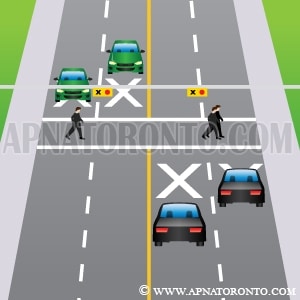
Correct!
Wrong!
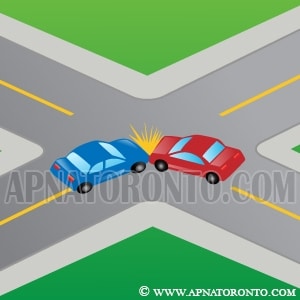
Correct!
Wrong!
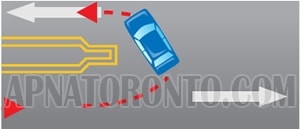
Correct!
Wrong!
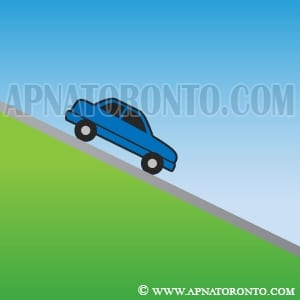
Correct!
Wrong!
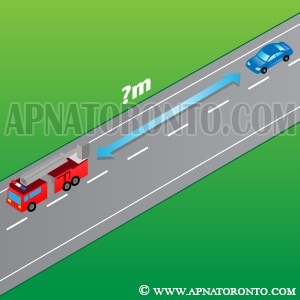
Correct!
Wrong!
Share the quiz to show your results !
Subscribe to see your results
I got %%score%% of %%total%% right
Loading...
Driving Test In Ontario - What You Need To Know
Are you at the right age to have a license? If so, then you must get yourself your license. But are you confused about how to get it, what is the process and what are the tests that you need to give to get a driving license? If you are nodding in yes, then you’re exactly at the place you need to be. Yes, in this article we are going to tell you everything that you need to know about the driving license and the tests associated with it. By the end, we are pretty sure that you’ll be well informed.
So, let’s move further…
Everything that you need to know about the driving tests
 In Ontario, Canada, there are three different kinds of exams or tests that you need to give if you wish to get, reinstate, renew or exchange your driving license.
In Ontario, Canada, there are three different kinds of exams or tests that you need to give if you wish to get, reinstate, renew or exchange your driving license.
Before they give you a license, they check if you’re capable of getting on the roads or not taking road, knowledge, and vision tests. All these tests are held at a test centre of the province and they are administered by one of their employees.
Moreover, a potential driver or a driver has to perform each kind of test when they wish to get their license. That’s why we are sharing a quick guide on the tests just for you.
Written/ Knowledge Tests
When you first start the process of obtaining your driving license, you will have to clear the knowledge and written test to get your G1.
After that, if you’re someone who’s reinstating or renewing your Canadian license, then you will need to give one another knowledge test.
Moreover, all the written tests are completely based on the information that is in the MTO or ministry of transportation official driving handbook.
So, here are the things that are generally included in the knowledge test:
- Format- The paper is asked in the form of a multiple-choice question. It contains two or three different sections, also it can be either on paper or computer.
- Length- The duration of the paper is about 20 minutes to 30 minutes but there’s no such tough limit.
- Language- The G1 driving test basically comes in twenty different languages nevertheless all the other levels of the exam are either in french or English. However, there are options for translations that you can book before your test. Make sure to contact the nearest driving test centre to your place.
- Outcome/Result- To pass the examination, you need to obtain 80% or more than that.
- Retries- In case, you fail and don’t pass the test, then you can give it again by paying the fee right away. Moreover, all the written tests are remote proctored, and they are held in a designated room of a drive test centre.
Please note that, if you are caught disrupting others or cheating then strict actions will be taken against you and you’ll be thrown out of the room. Also, you’ll be declared failed automatically, and consequently, you’ll lose the amount you paid as a fee. Most importantly, you won’t be able to give the test again until you don’t pay the fee.
Do you know? If you are a person with a disability, then you can take an appointment to get your paper read by someone else. In case, you are at a place where you’re supposed to give the exam on computers, they also offer audio services.
Driving Exams/Road Tests
There are two kinds of road tests that you need to attend for the G2 and G levels of the Canadian driving license. The new drivers need to pass the driving exams before obtaining a full license. Moreover, you need to complete a road test too if you fulfill all these necessary conditions:
- If you are a driver of any foreign place, then you can be asked to complete one road test. It can be based on your country and level of experience (according to the documents).
- If you’re the one who wants to renew their license i.e, G2 or G1 license or a G license that expired 12 months ago.
- If you want to renew your license and your age is above 80 years and more, then they can ask you to pass the driving test.
- If you want to reinstate your suspended (3 or more years) license.
The level of the test doesn’t matter, you need to arrive at the place of examination, thirty minutes before the test. Also, you must come with a vehicle as it won’t be provided to you.
Vision Test
In Ontario, Canada, you being a driver is responsible for keeping the information of your license up to date along with the status of your vision. In case your status of vision changes, then you need to notify the nearby test centre. Moreover, if you don’t feel the need to use glasses, then you will have to clear a vision test at the respective test centre. Also, to confirm your vision status, you need to fill a vision specialist form.
Nevertheless, you might be asked to pass a vision test at any point in time. But how does the test work? No worries read about it further.
- You will have to read a decreasing series of alphabets and numbers which are placed at a distance.
- Your vision must not be less than 20/50 and the peripheral vision must be 120 with both your eyes open.
Moreover, if you don’t pass the vision test, then you must have a form filled by a vision specialist before completing your renewal or license application.
The timing of the test is only a few minutes and they are performed by an employee of the test centre. Also, they’ll ask you to look into special equipment while wearing your lenses.
Conclusion
Here comes the end of our article and we hope you’re now well informed and ready to get yourself a license. In this article, we have mentioned everything about the driving tests, how you need to prepare for them and what the examiners ask in the test. We hope you’ll now prepare well and get yourself your license.
In case, you still have any questions, confusions or queries then feel free to ask us.
